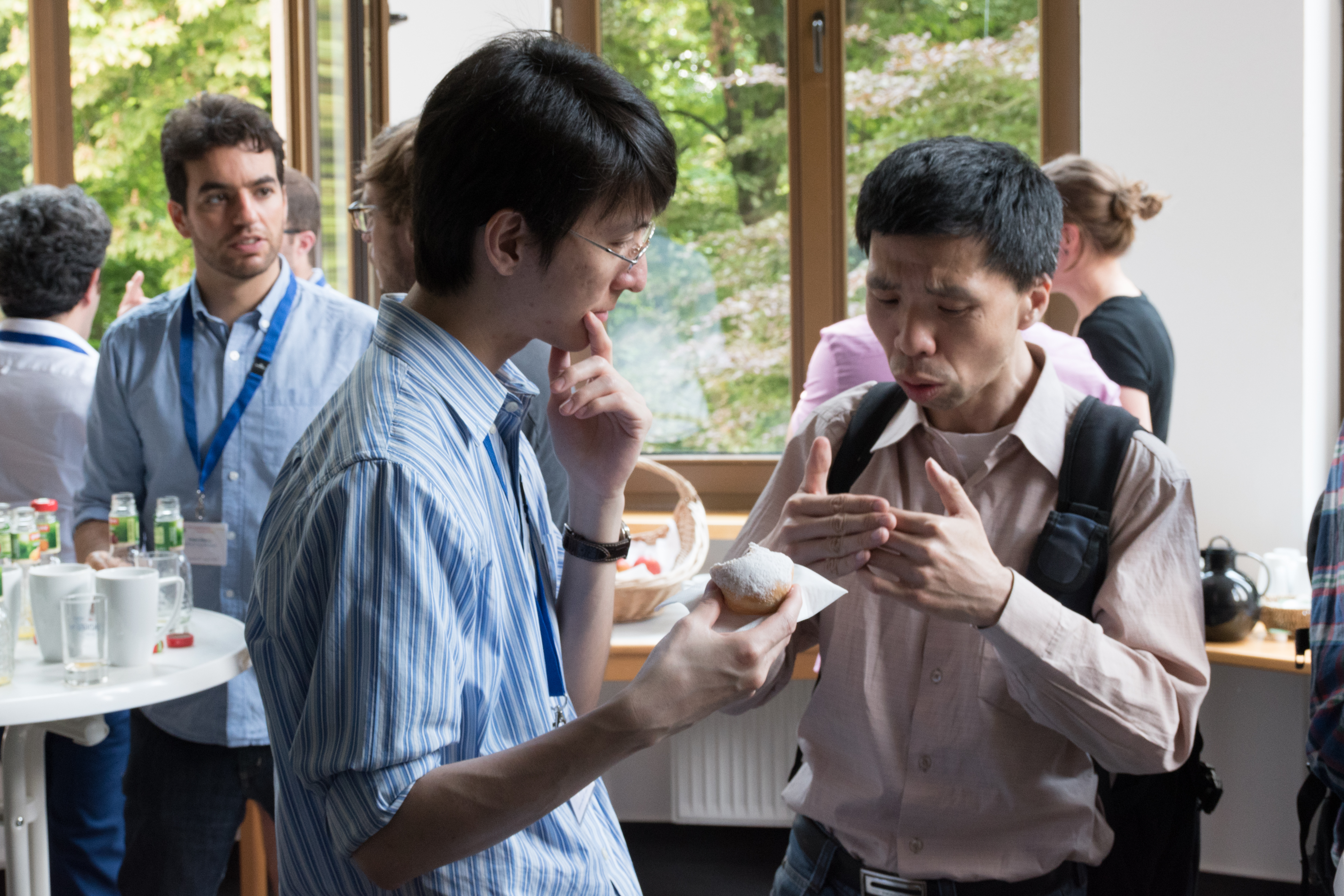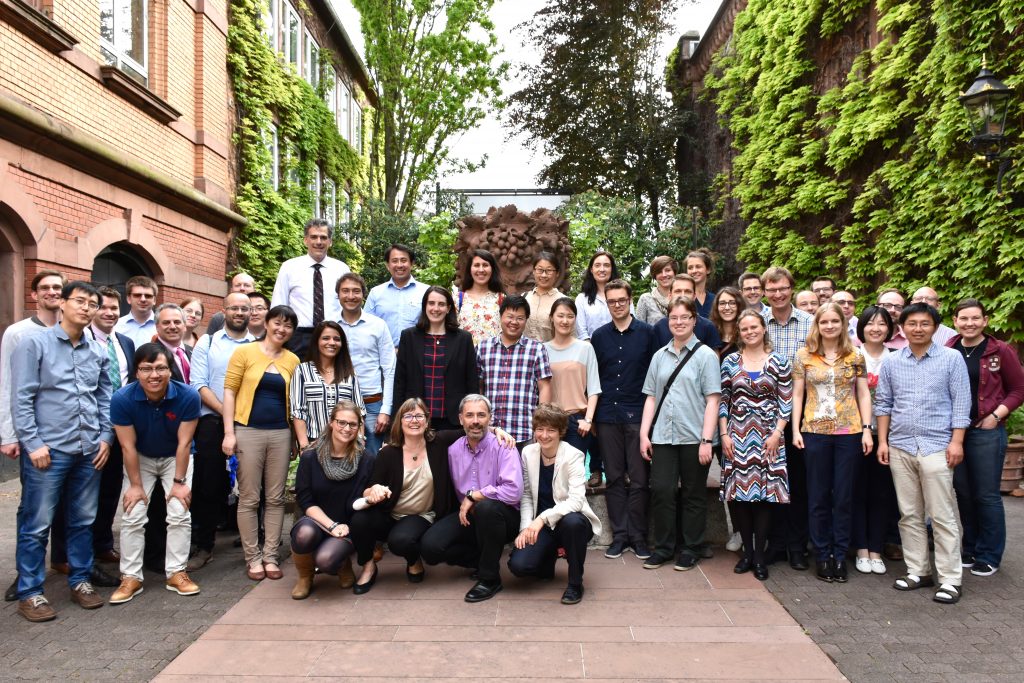Author: Robert-Andre Vettel
Tutorial: Reinforcement Learning
Tutorial: The Landscape of Deep Learning: a Quick Overview
All-optical switching and brain-inspired concepts for low energy information processing
Time: Monday, October 8th, 14:00
Speaker: Theo RASING, Radboud University
The explosive growth of big data and artificial intelligence offers a huge potential for new digital products and unexplored business models. While data has become an indispensable part of modern society, the sheer amount of data being generated every second is breathtaking, both in its scale and in its growth, while the number of devices generating these data is rapidly expanding. This not only pushes current technologies to their limits, but also that of our energy production: our ICT and data centres already consume around 7% of the world’s electricity production and with the growth rate of ICT-technologies, this energy consumption is rapidly becoming unsustainable. In stark contrast, the human brain, with its intricate architecture combining both processing and storing of information, only consumes about 10 Watt of energy while having a similar capacity as a supercomputer consuming around 10 Megawatt.
We try to develop materials and concepts that mimic the efficiency of the brain by combining local processing and storage, using adaptable physical interactions that can implement learning algorithms. We demonstrate, by modelling, that a reconfigurable and self-learning structure can be achieved, which implements the prototype perceptron model of a neural network based on magneto-optical interactions. Importantly, we show that optimization of synaptic weights is achieved by a global feedback mechanism, such that learning does not rely on external storage or additional optimization schemes. For the experimental realization of adaptive synaptic structures, we choose to use optically controllable magnetization in a thin Co/Pt film1, using circularly polarized picosecond2 pulse trains. The combined stochastic/deterministic nature of all-optical switching in this material2 offers the possibility to continuously vary the magneto-optical Faraday rotation with the number of pulses, yielding the necessary ingredient to realize a perceptron-like structure. First results of such a learning structure will be demonstrated.
1. C.-H. Lambert et al, Science 345, 1337 (2014)
2. R. Medapalli et al, Phys. Rev.B 96, 224421 (2017)
30.05.2017 – Workshop on Non-equilibrium Quantum Matter

In contrast to equilibrium quantum systems, which exist in just a tiny corner of an immense configuration space, non-equilibrium quantum many-body systems can access the totality of configuration space and represent a rich resource for novel quantum states, including light-induced quantum-coherent phases of matter, topological phases and spin textures in solids and cold atom systems. Non-equilibrium many-body quantum dynamics is perhaps the last frontier in physics, where even the basic understanding is still lacking and a number of outstanding fundamental questions are wide open. However, there has been much recent progress in exploring these fundamental aspects on both theoretical and experimental sides.
For videos of the talks and further information, please visit the workshop home page.
17.05.2017 – "Bridges to Germany"
 This workshop aims to bring together junior group leaders in chemistry, physics, and astronomy, their academic administration leaders at German Universities, the Cottrell Scholar Collaborative(CSC) and the Fulbright Komission in a unique professional development workshop.
This workshop aims to bring together junior group leaders in chemistry, physics, and astronomy, their academic administration leaders at German Universities, the Cottrell Scholar Collaborative(CSC) and the Fulbright Komission in a unique professional development workshop.
The workshop offers training for junior group leaders in Germany how to best implement evidence-based pedagogies, how to integrate research and teaching, new strategies for communicating science to the public, and to develop skills in time management, leadership, mentoring students, and networking. The workshop also engages the academic administration leaders in Germany in a dialogue how to leverage professional development for the future academic leaders and lifting the impact of the University.
Please click here to read the press release in German.
